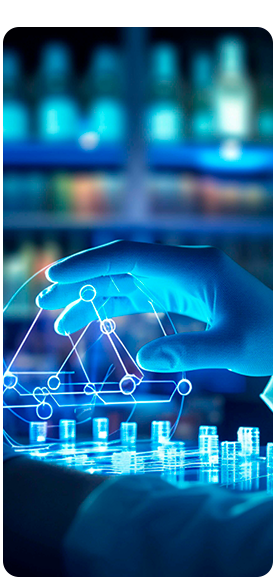












Bienvenidos
A Ramírez Lab
We are a multidisciplinary group focused on the study of biomolecular systems by using theoretical and experimental approaches. We aim to use computational polypharmacology with wet lab analyses to strengthen the drug design and development processes. Our work involves collaboration with medicinal chemists, biochemists, and biologists, and we are part of the Pharmacology Department – Faculty of Biological Sciences at University of Concepción.
Active research areas
Our laboratory spearheads innovative research across three key areas:

Systems pharmacology

Structural bioinformatics

Multitarget drug design
Together, these research avenues underscore our commitment to transcending traditional drug discovery paradigms, employing a synergistic blend of computational and experimental methodologies to pursue new avenues in the treatment of complex diseases.

Latest publication
Druggable cavities and allosteric modulators of the cell division cycle 7 (CDC7) kinase
Elisa Rojas-Prats, Loreto Martinez-Gonzalez, Carmen Gil, David Ramírez & Ana Martinez.
Journal of Enzyme Inhibition and Medicinal Chemistry. 39 (2024) 1, 2301767. DOI:
10.1080/14756366.2024.2301767 Cell division cycle 7 kinase (CDC7) has been found overexpressed in many cancer cell lines being also one of the kinases involved in the nuclear protein TDP-43 phosphorylation in vivo. Thus, inhibitors of CDC7 are emerging drug candidates for the treatment of oncological and neurodegenerative unmet diseases. All the known CDC7 inhibitors are ATP-competitives, lacking of selectivity enough for success in clinical trials. As allosteric sites are less conserved among kinase proteins, discovery of allosteric modulators of CDC7 is a great challenge and opportunity in this field. Using different computational approaches, we have here identified new druggable cavities on the human CDC7 structure and subsequently selective CDC7 inhibitors with allosteric modulation mainly targeting the pockets where the interaction between this kinase and its activator DBF4 takes place.
Funding
Principal Investigator
Open Chemoinformatics 2023 – 2024
Chile – Universidad de Concepción No. 2023014
Multidisplinary Center for Biotechnology and Molecular Biology for Climate Change Adaptation in Forest Resources (CeBioCliF). 2022 – 2025
Chile – ANID No. ATE220043
Lorem fistrum por la gloria de mi madre esse jarl aliqua llevame al sircoo. De la pradera ullamco qué dise usteer está la cosa muy malar. 2022 – 2025
Chile – Fondecyt Regular No. 1220656
Let’s talk pharmacology!!! 2022
Chile – Universidad de Concepción No. UCO1966
Identificación de moduladores del canal iónico TMC1 como alternativa terapéutica para el tratamiento de la sordera. 2022 – 2023
Chile – ANID No. FOVI210027
Reposicionamiento de medicamentos para tratamiento de la pandemia por coronavirus (COVID-19). 2021 – 2022
Chile – ANID No. COVID0199
Development of novel therapeutic alternatives for alcohol-use disorders: a multidisciplinary approach. 2022 – 2025
Chile – ANID No. ACT210012
Co-investigator
Uso de un Escape Room como recurso docente en las asignaturas de Faramcología. 2023 – 2024
Chile – Universidad de Concepción No. 2023015
Ori-tanpakushitsu: creación de modelos tridimensionales para la comprensión de las fuerzas intermoleculares involucradas en la acción farmacológica. 2023 – 2024
Chile – Universidad de Concepción No. 2023023
Ligand and structure-based polypharmacology of K+ channels from the nociceptive primary sensory neurons: an alternative in pain treatment. 2023 – 2027
Chile – Fondecyt Regular No. 1230446
Development of an infectious process-activated protide with therapeutic potential for control of fish farming diseases. 2023 – 2027
Chile – Fondecyt Regular No. 1231088
Interdisciplinary generation of highly specific peptidic blockers of TASK-3 channel with antitumoral effect and targeting moiety for nanotherapeutics. 2023 – 2027
Chile – Fondecyt Regular No. 1230996


